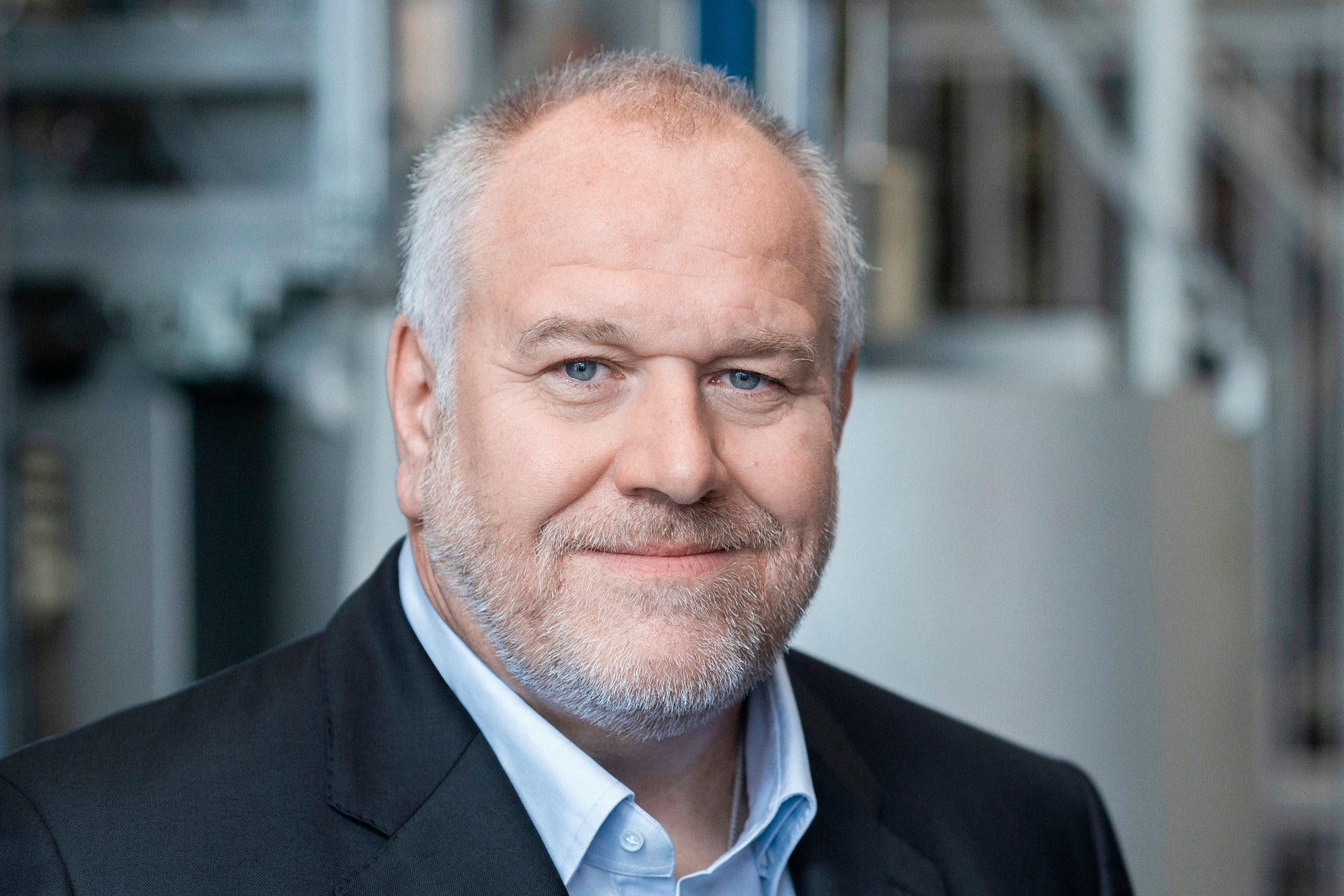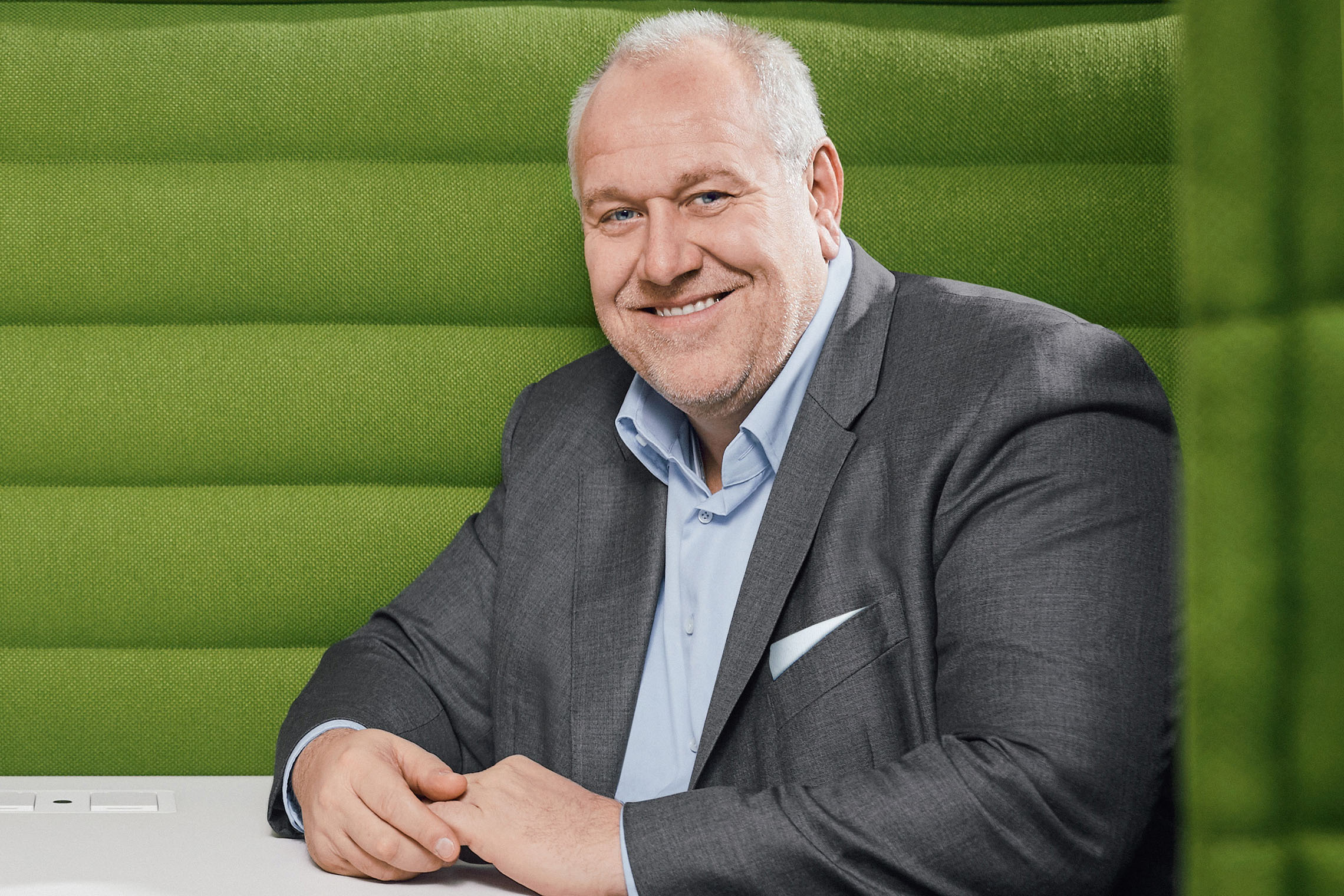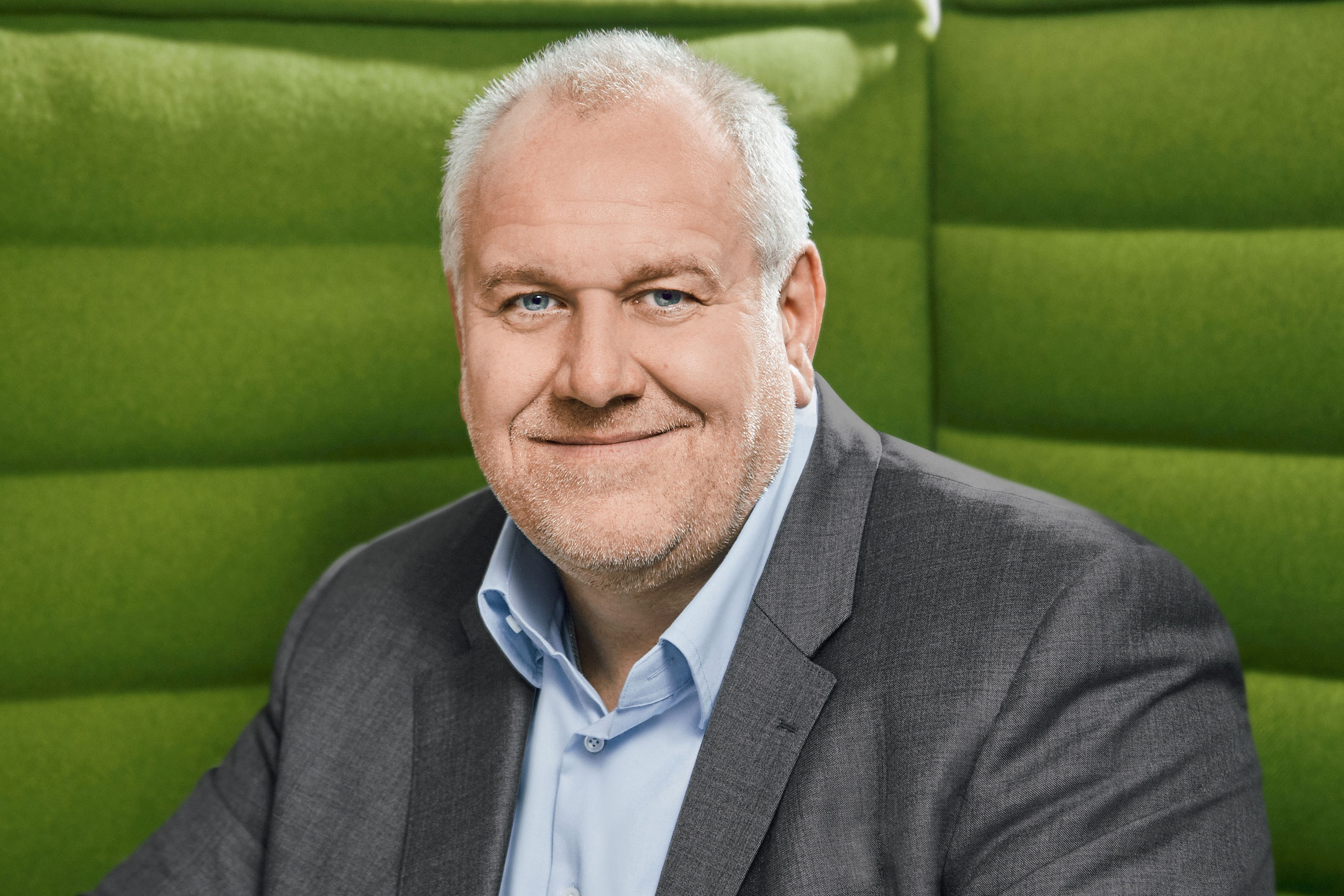What traces will the corona crisis leave behind in the company?
by Dagmar Dieterle

What traces will the corona crisis leave behind in the company?
What makes a sustainable business model?
marketSTEEL-Interview - Klaus Endress and Matthias Altendorf provide answers.
 marketSTEEL: Mr Altendorf, what does the corona pandemic mean for Endress+Hauser?
marketSTEEL: Mr Altendorf, what does the corona pandemic mean for Endress+Hauser?
Altendorf: The corona crisis has confronted our customers and us with immense challenges. When the virus spread, we took action immediately – first we issued travel restrictions, then ever more extensive measures. Our employees’ and customers’ health took priority at all times. At the same time, we wanted to support our customers in the best possible way, given a situation like that: how can we remain operational and keep up delivery, how can we assist our customers to keep their plants up and running?
marketSTEEL: How will the crisis affect the economy?
Altendorf: Today, we cannot tell exactly how. We made a good start into 2020, with a considerable order backlog… but the crisis will leave its mark, with our customers and with us. But what counts, after all, is this: what we do is important for our customers. We can assist them in getting better and making their processes, products and manufacturing facilities even more efficient. And this applies to all aspects, so that they can further improve quality, raise productivity and reduce their use of resources. That is what takes our customers forward, in fair weather and all the more in challenging times. We have a sustainable business model!
Endress: We will never run out of work, not in a hundred years – not as long as we don’t lose sight of the customers and markets. The world population is growing, life expectancy and standards of living are on the rise. All of these people need water, food, energy, medications, all types of goods. At the same time, we have to manage our resources efficiently and take account of the environment. All these things will lead to more demand for measurement technology. Besides, we maintain a global presence, in many industries. Of course, a worldwide crisis affects us, but not full on and not digitally, just because the world and the industries are developing in different ways. That gives room to attract business and keep people in work.
marketSTEEL: Are there any parallels to the financial crisis of 2008/09?
 Endress: The events that triggered the financial crisis were completely different. Things took off in the world of banking and spread to the real economy, which meant a sharp fall for many at the time. It felt as if the customers just weren’t coming back from their holidays. Others felt the blow with some delay. Back then we said, we have to think the unthinkable, and think it through to whatever end – and then get it going or dismiss it after all. Much of the experience we gathered, and we did learn many positive things, has been helpful recently: how to deal with black swans, the unexpected events that might have major effects, and how to successfully survive in a fragile world.
Endress: The events that triggered the financial crisis were completely different. Things took off in the world of banking and spread to the real economy, which meant a sharp fall for many at the time. It felt as if the customers just weren’t coming back from their holidays. Others felt the blow with some delay. Back then we said, we have to think the unthinkable, and think it through to whatever end – and then get it going or dismiss it after all. Much of the experience we gathered, and we did learn many positive things, has been helpful recently: how to deal with black swans, the unexpected events that might have major effects, and how to successfully survive in a fragile world.
Altendorf: Today, like then, the Endress family stands up for the company. The family is placing full trust in us to keep the company on course even in heavy weather. We want to retain our employees in this current crisis. Endress+Hauser shows solidarity and assumes responsibility. Since 2009, we have been consistently working towards increasing the economic soundness and resilience of the Group, to have the staying power for a situation like this.
marketSTEEL: In the current situation, last year is almost out of sight… why was 2019 a good year for Endress+Hauser?
Altendorf: We experienced growth across all fields of activity, industries and regions, albeit with varying dynamics. But it is fair to say that it wasn’t a bad year for many of our competitors in process automation either. Factory automation suffered more from the economic situation. But behind our numbers there is also a lot of work. Although we had no large-scale projects, we did business with many individual customers and carried out small and medium-sized projects. The foundation for this was laid over the past several years. Perhaps we also had the good fortune of the brave!
marketSTEEL: Before the corona crisis, climate policy largely dominated public debate. What does that mean for Endress+Hauser?
Altendorf: On the one hand, we can help our customers drive down energy consumption, resource utilization and polluting emissions. This is our core business. It’s what we do every day. On the other hand, we have to manage resources responsibly on our own. We do a lot here, although we are certainly not using our full capabilities so far. But we’ve always been a little ahead of our time – and it should stay that way!
Endress: Those are issues that we have been addressing for decades! We were active in protecting the environment before others had even talked about it, just because it was important for us.
marketSTEEL: Then what is Endress+Hauser doing exactly?
 Altendorf: From the perspective of a manufacturer, we have the advantage that we don’t operate an energy-intensive business. Building and office infrastructure, commuting, business travel and material transport account for most of our ecological footprint. This is where we can start, by constructing highly energy-efficient buildings everywhere in the world. In Canada we are taking this a step further by building a facility that is 100 percent energy self-sufficient. We even accept higher costs because we believe it sends all the right signals.
Altendorf: From the perspective of a manufacturer, we have the advantage that we don’t operate an energy-intensive business. Building and office infrastructure, commuting, business travel and material transport account for most of our ecological footprint. This is where we can start, by constructing highly energy-efficient buildings everywhere in the world. In Canada we are taking this a step further by building a facility that is 100 percent energy self-sufficient. We even accept higher costs because we believe it sends all the right signals.
Link to the family
Klaus Endress, born in 1948, obtained a degree in industrial engineering from the Technical University Berlin. He joined his father’s company in 1979, took over Group management in 1995 as CEO and moved to the Supervisory Board in 2014 as President. Klaus Endress is married and the father of two grown children.
Roots in the company
Matthias Altendorf, born in 1967, began his career at Endress+Hauser with vocational training as a technician, followed by studies, stays abroad and further education. He was promoted to the Executive Board in 2009 and became the Group’s CEO in 2014. Matthias Altendorf is married and the father of a grown son.
Photos: Christoph Fein, Andreas Pohlmann

